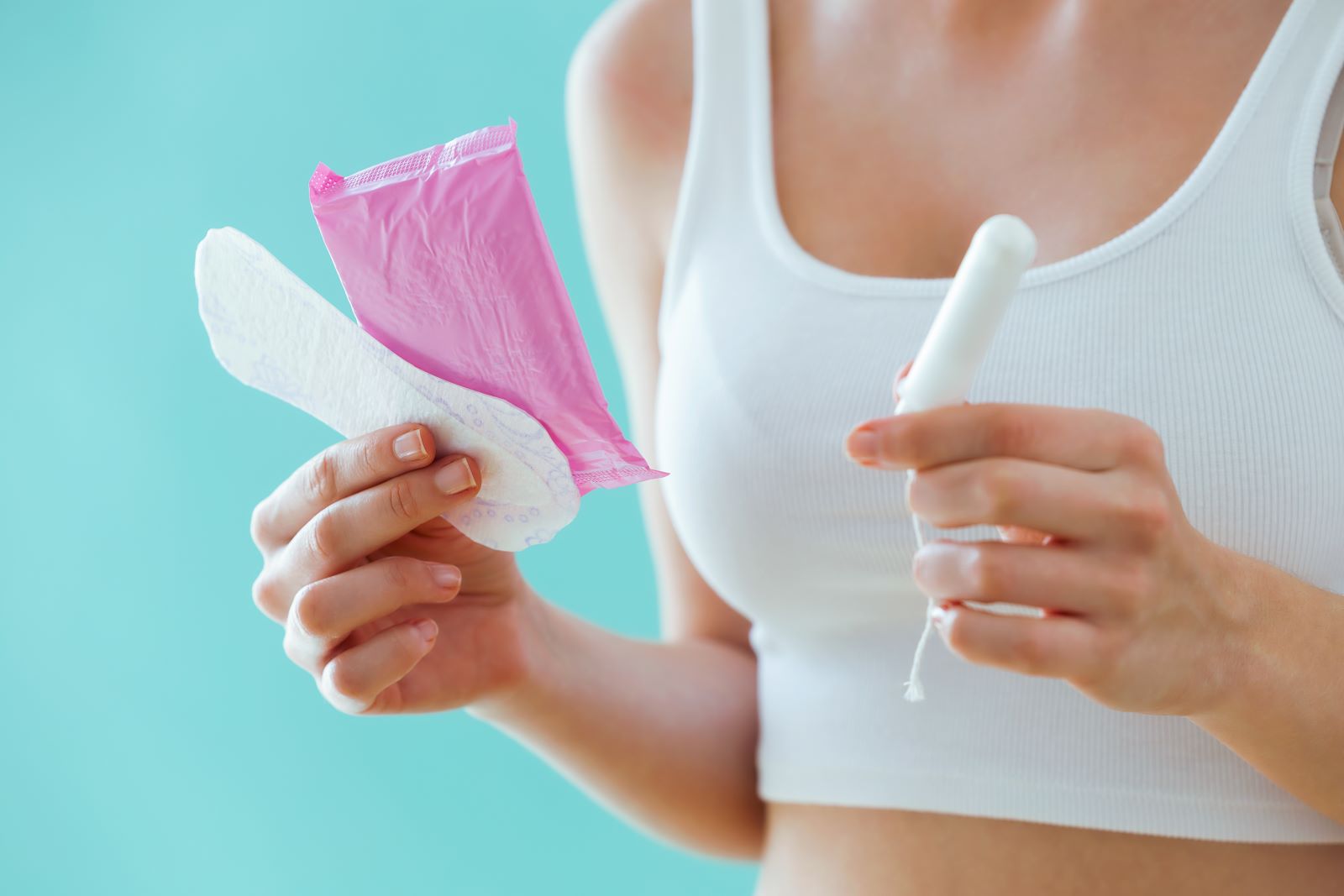<< Back
The Newest Shortage – Tampons – Raises Medical Concerns

June 22, 2022
Women across the country face yet another supply chain challenge, as tampons are scarce on store shelves. These shortages are raising concerns among health care professionals, who worry that women trying to make their supply last longer are putting themselves at risk.
“Tampons should not be kept in for long periods of time due to the risk of toxic shock syndrome,” said Mary Satti, MD, whose Hartford HealthCare Medical Group Old Lyme office offers primary care for women. Toxic shock syndrome is a rare but potentially life-threatening condition that can occur when you leave a tampon in for more than eight hours or use one with too much absorbency.
According to the New York Times, Andre Schulten, the chief financial officer of Procter & Gamble — which manufactures Tampax, the tampon giant that sells 4.5 billion boxes globally each year — said on a recent earnings call that it had been “costly and highly volatile” to acquire the raw materials needed for production, such as cotton and plastic. Inflation is also a factor, as Bloomberg reported that the average price for a package of menstrual pads increased by just over 8 percent from the start of this year through the end of May, while the price of tampons increased by nearly 10 percent.
Some social media platforms have seen a rise in content in which users share “homemade” tampon instructions. Satti said it is important that women “do not use makeshift tampons. Tampons are regulated by the U.S. Food & Drug Administration.”
Satti also noted that there are other options available with no known health risks, including:
- Pads. Many women already use menstrual pads in conjunction with tampons. There are both disposable and reusable options. Some women with vulvar conditions like genital psoriasis or vulvodynia, can experience discomfort and irritation. Pads can also keep women from engaging in certain activities, like swimming.
- Period underwear. Period underwear use absorbent materials, like microfiber polyester, to soak up menstrual blood. But they are expensive (up to $30-$40 per pair) and cannot be put in the dryer.
- Menstrual cups and discs. Menstrual cups and discs — flexible, reusable devices made from medical-grade silicone or latex and inserted into the vagina to collect menstrual blood — are increasingly popular. Cups and discs cost $25-$35.